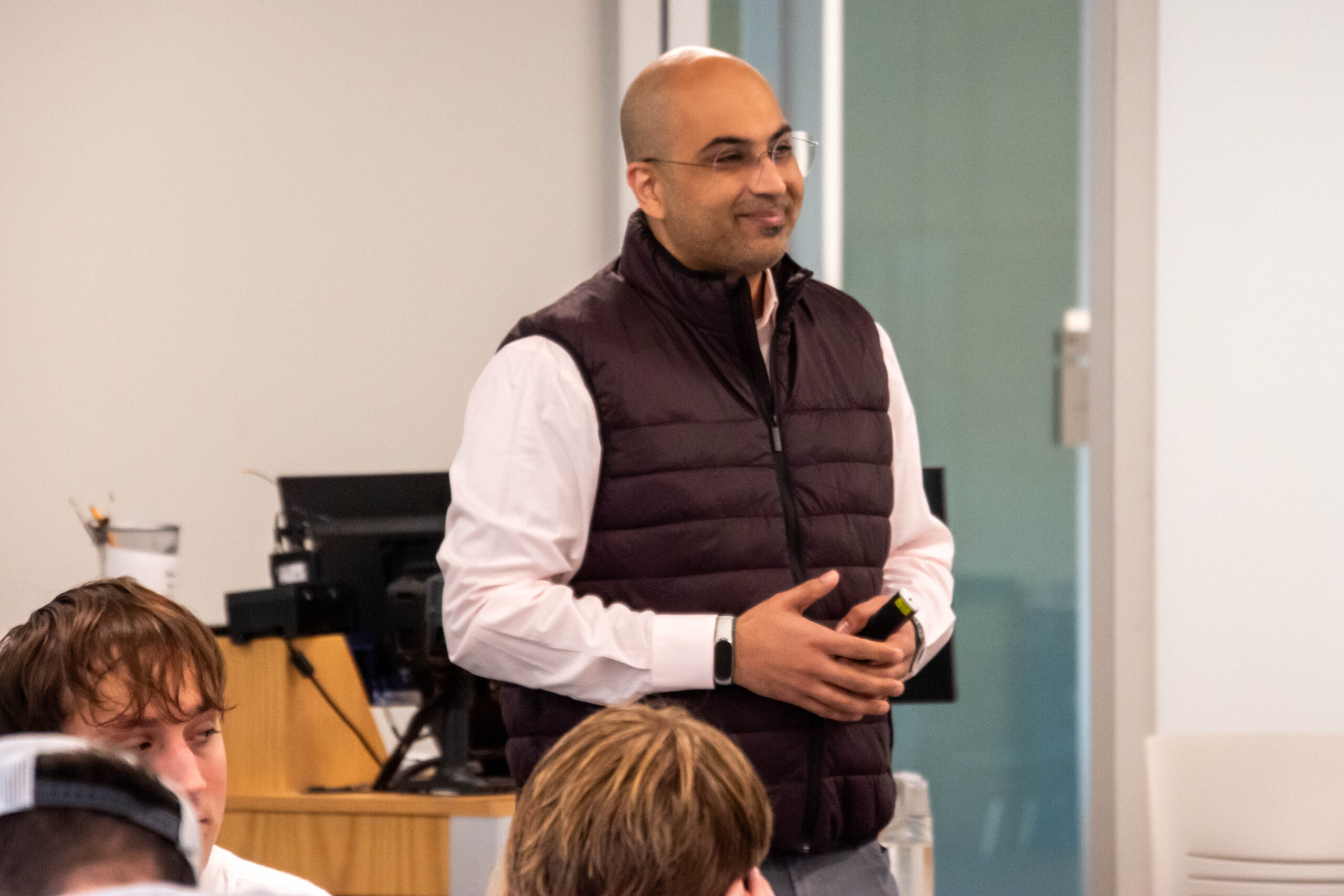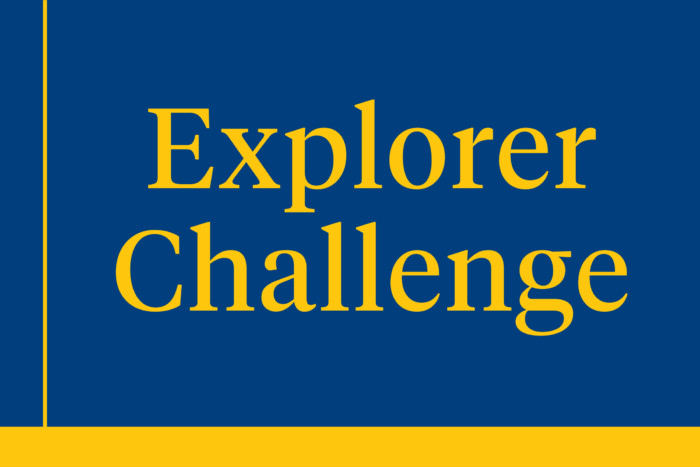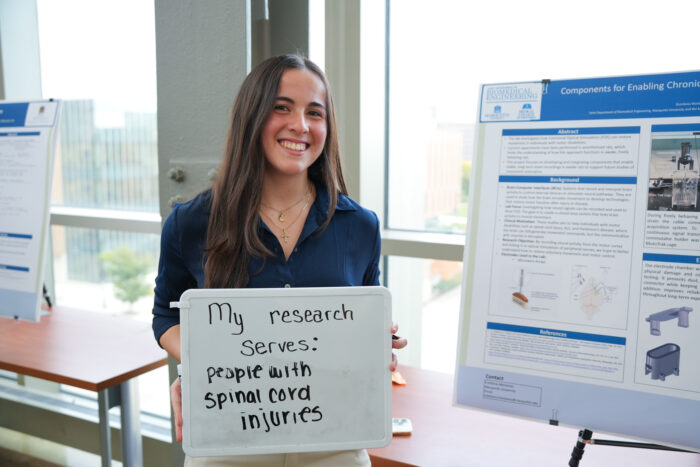Dr. Badar Al Lawati, assistant professor of practice in information systems and business analytics and NMDSI-affiliated faculty member, has been working with artificial intelligence for decades. Students in his analytics and information systems courses use AI to combine sets of data, clean up errors in the newly formed database and identify trends that can be used to make business decisions.
Despite his extensive integration of artificial intelligence into course materials, Al Lawati still believes that people must play a central role in applying analytics to solve problems. It’s a truth that he’s seen play out repeatedly during his time in industry.
Separating personal from artificial
Students in Al Lawati’s introductory information systems classes hear about postgraduate life on their first day.
“We talk about the skills that are going to be necessary to keep a job in the 21st century, bearing in mind that AI is going to replace a lot of jobs,” Al Lawati says.
Al Lawati contends that there are four key skills students can master to make themselves more valuable and resistant to redundancy in the AI era: abstract reasoning, systems thinking, ability to collaborate across teams and capacity for experimentation. People who can think outside of their spheres of expertise will have an advantage in the job market.
Good things take time
Humans have always been fascinated with the idea of an automated servant. Shortly after the first computer was built in the 1950s, corporations and governments invested large sums of money on early versions of what we now call artificial intelligence. Limits to computing power, storage space and processing power slowed progress on that goal drastically and caused the sources of funding to dry up.
Still, there were signs long before ChatGPT that AI was going to create deep impact. IBM built a machine that defeated the world chess champion in 1997. Personal assistants such as Apple’s Siri and Amazon Alexa became tech mainstays.
“You teach a machine something and then it can think on its own; that’s called machine learning and it’s what the entire field of AI is about,” Al Lawati says. “Image recognition, computational calculations; all of these things have been in use way before people even heard of ChatGPT.”
Applying analytics
Al Lawati envisions a world where artificial intelligence would allow an employee to spot this business opportunity in minutes, rather than hours. However, the human at the model’s helm would need the expertise to recognize it for the opportunity it was, then conduct the negotiations required to capitalize on it.
“Humans have the ability to come up with something new that nobody else had ever thought of before; AI will not be able to replace these skills because it cannot create new knowledge,” Al Lawati says. “Students who can take a summary of existing knowledge and build on it with their own insights will be well-positioned for the future.”



